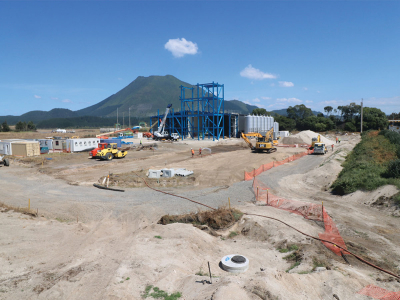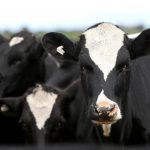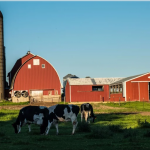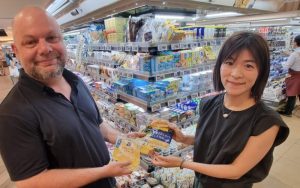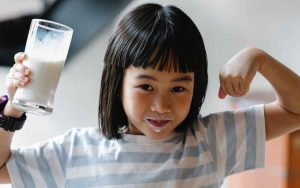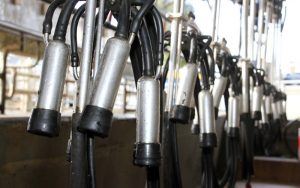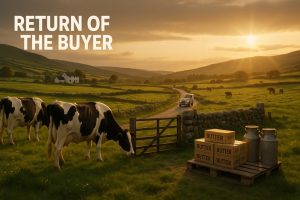
The $33 million plant in Kawerau is a joint venture: 11 Māori entities, including Poutama Trust. Between them they hold a 67% stake in the company and Cedenco Dairy Ltd, owned by Japanese company Imanaka holds 33%.
Poutama Trust chief executive Richard Jones told Dairy News that export grade products like organic whole milk powder, milk protein concentrates and butter will be produced at the plant.
Kawerau Dairy will process up to 30 million litres of milk in its first year; 12 farms will supply milk.
“We expect the majority of farms supplying Kawerau Dairy in the initial start-up phase will have Māori ownership,” he says.
The plant, located at the foot of Pūtauaki, a volcanic cone in the Te Moana o Toi region, will be geothermal powered. The combination of a focus on the people, land and customers will give Kawerau Dairy a point of difference and enable it to be a value-add niche producer rather than a commodity seller.
Jones says there’s a strong sense of pride and self-determination among the owners of the dairy plant.
“There’s also a strong drive to create employment for their shareholders. Quality employment where there is opportunity for advancement is one of the main drivers for the owners.
“Also it’s not just about the factory being geothermal: our Kaitiaki Incentive programme also focuses on sustainability on the land.”
Kawerau Dairy products will be exported mainly to Asia and the Americas; Imanaka’s NZ subsidiary Cedenco Dairy will also help market products.
Second phase
Kawerau Dairy is already looking at expansion plans.
Richard Jones says right from the beginning of the project it was always intended that it would be done in two stages.
“We believe there are some emerging opportunities for a processor of our size to look at specialist milk types – sheep and goat and plant-based ‘milks’. We expect to be seriously considering further expansion of our drier facility within three years.”
Jones expects Kawerau Dairy to be different from most other milk processing plants in NZ.
“Its smallness, and the fact it will eventually consist of two driers processing cow, sheep, goat and plant based milks, will enable flexibility and adaptability
“Flexibility and adaptability are key enablers in a fast changing world. They allow for innovation and disruption and the ability to move away from just being another commodity producer.”
